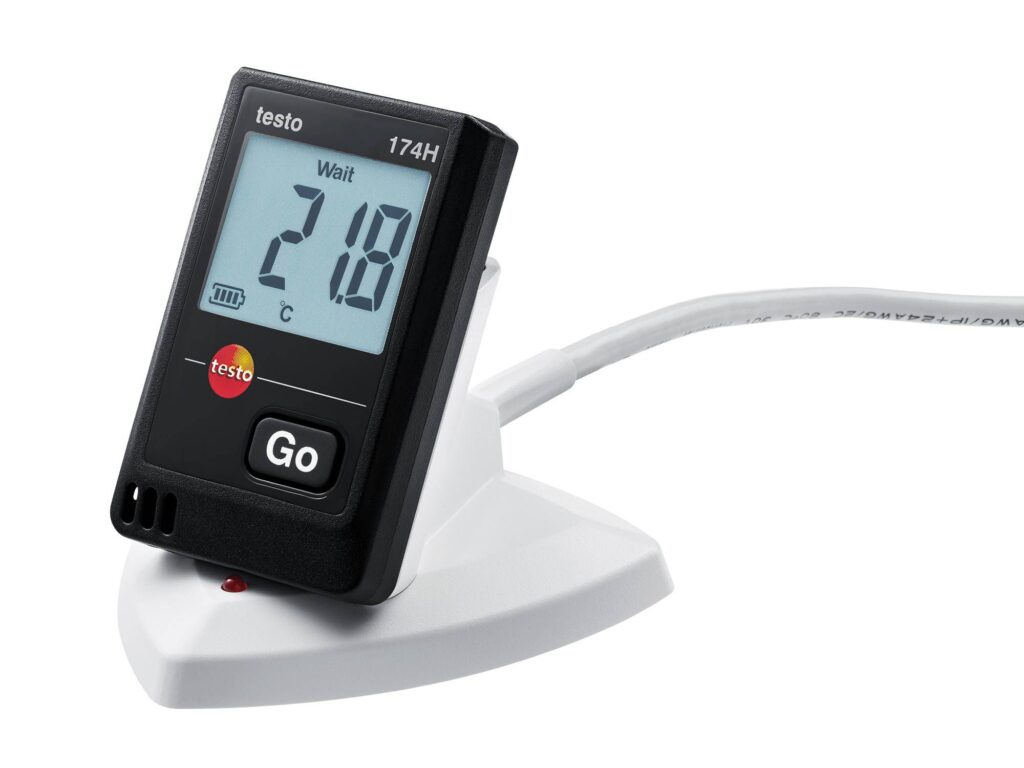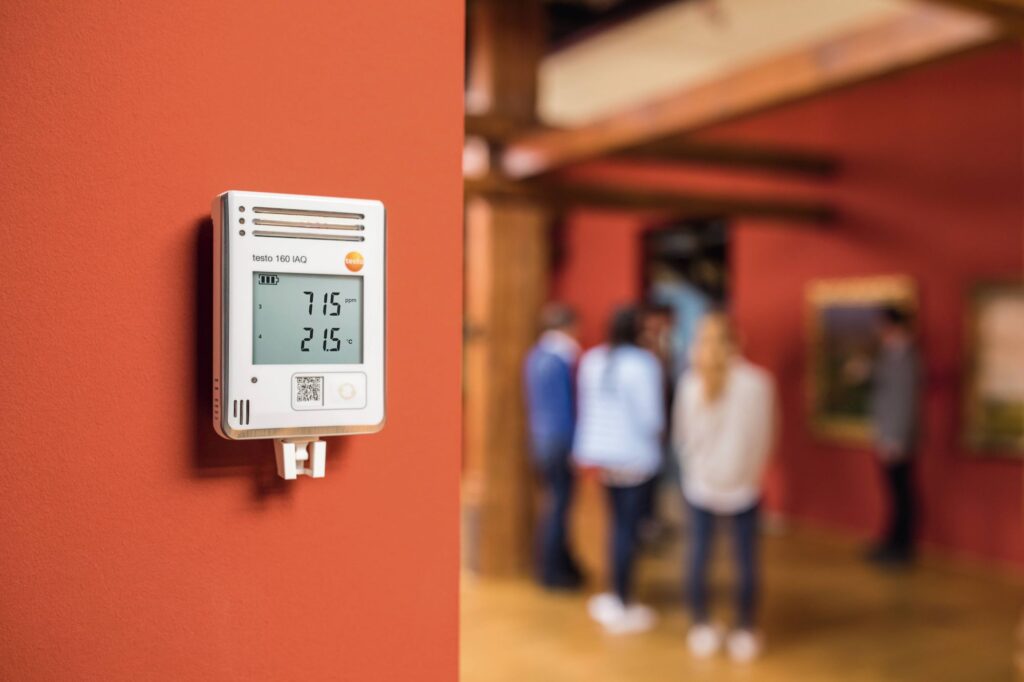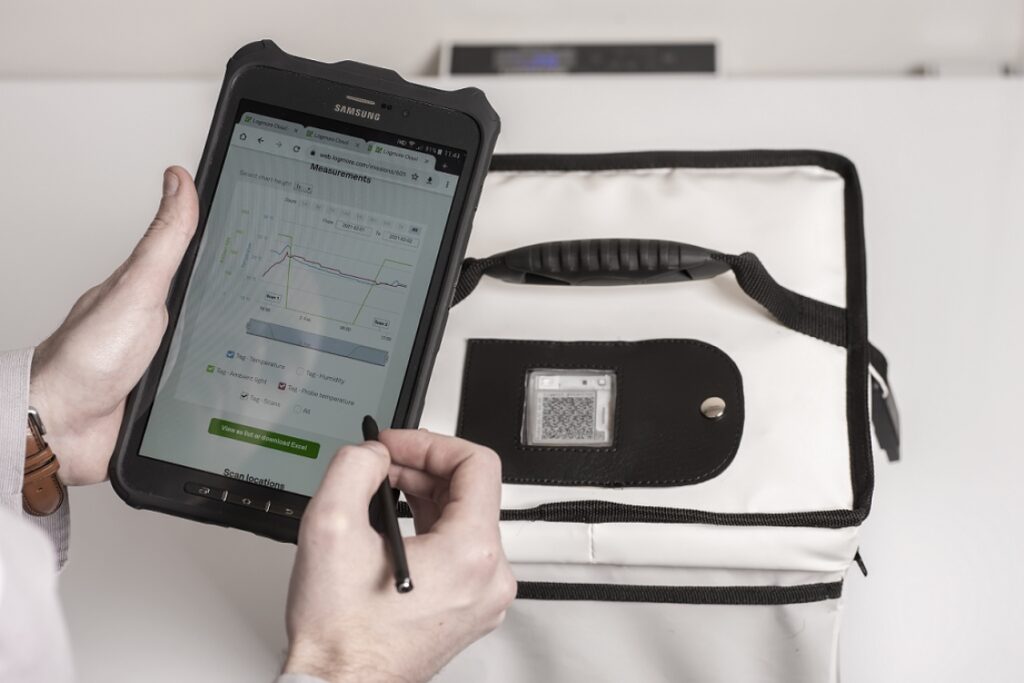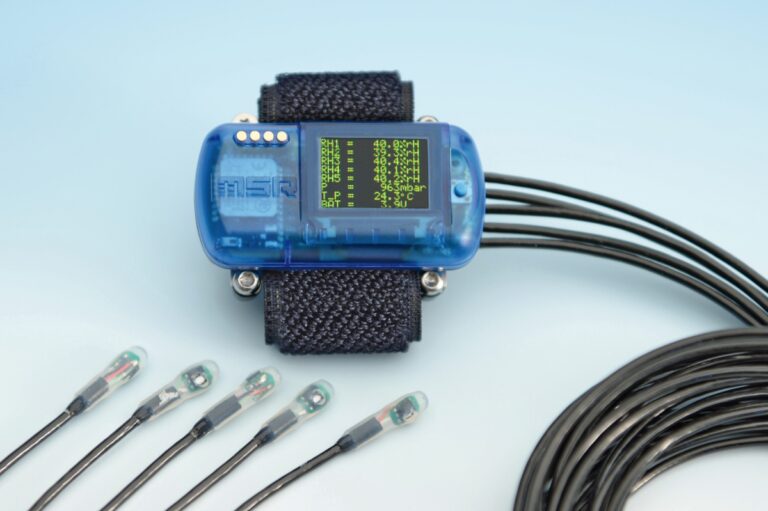“How do I use a data logger?” is the question many people ask. This article will answer questions about how to use a data logger. Data loggers, also known as tracking devices, are increasingly used in construction. A data logger is an electronic device used to capture data independently. It has sensors that collect data and store it with a time and date stamp. Temperature and air quality monitoring are just two uses for data loggers in a wide range of sectors. A company can choose from various data loggers depending on its industry’s needs.
Logistics, manufacturing, and healthcare industries have grown in importance, requiring organizations to maintain high-quality buildings and transportation. There is a need to improve the quality of goods and services transported and protect them from harm. You can monitor data loggers, temperature, humidity, and pressure in the most efficient and modern manner possible.
Data loggers are devices that record information. They are increasingly incorporated into equipment by manufacturers to track the number of hours a machine runs. Predictive maintenance, automatic service alarms depending on usage, and theft protection are other uses for data loggers.
What is the Purpose of a Data Logger?

Using sensors incorporated into its hardware, a data logger collects data on GPS location, velocity, temperature, shock impact, and more. The manufacturer determines which sensors are included in a data logger and the degree to which you can customize those sensors to meet your specific requirements. The guide from Dickson on Data Loggers for Vital Industry has more information on the sensors used in an internet of things (IoT) data logger.
Data Logger Types
Data loggers are the newest technology and offer the most value and flexibility to the user. Most people conceive of a data logger as a device that stores data. IoT Data loggers communicate that data in real-time to a software portal. To better grasp the value of IoT connectivity, let us first look at less advanced data loggers and compare them to IoT data loggers.
Simple or remote data loggers are attached to equipment to gather data while in use. This data logging system has two fundamental shortcomings. First, you must either physically download or view the data on the logger’s display. Second, it only gives you access to historical data, not current information.
So most supply chain managers choose real-time tracking since it allows them to react quickly. Their solution is an IoT data logger that continuously transmits data to a server. In case of an occurrence, it sounds an alarm when preset criteria are surpassed. You may track your equipment in real-time by configuring the data logger to send data to the software at specified intervals or when triggered by specific events.
Use of Data Loggers in Industries

Numerous businesses profit from employing data loggers because of their extensive range of measurement options. The following industries utilize data loggers:
-
The Food Industry
If food isn’t kept in the proper climate, it’s likely to go bad. The use of data recorders is essential in the food industry. A producer must monitor their perishable commodities. Data logging devices are employed in every production stage, from the farm to the factory and packaging and transporting. Temperature and humidity are monitored by data loggers, which use the sensors in their devices to verify that the items are being stored correctly.
-
The Automobile Sector
Emissions from motor vehicles are a significant factor in global temperatures. Regulations have been established to minimize emissions and halt global warming. Companies that fail to comply will face fines and other consequences. Special data recorders can monitor discharge levels and ensure consistency across all vehicles.
-
The Medical Field
The healthcare sector must adhere to laws on air quality, CO2 levels, and temperature to protect patients, pharmaceuticals, and other medical supplies. The medical profession relies on data recorders to keep track of these variables.
Data loggers are the most effective tools for tracking and assessing data, even though the functional needs of different sectors vary.
Importance of Data Logging

For example, an IoT tracking device may tell you about the state of your assets just the way an IoT data logger would. However, this data would always be limited to the sensor data recorded at the moment of transmission.
IoT data loggers allow you to capture data over a more extended period and transmit it all at once. These in-between transmissions will enable you to simultaneously receive all of your workday’s information.
It can store all kinds of data in logs, such as location, date, time, and sensor input. As a result, data loggers are ideal for gathering accurate information on the working hours of equipment. For compliance reports, they are specifically designed to give the data needed to demonstrate the safe handling of cargo.
IoT data loggers don’t have to be manually located to access devices because everything is sent over the internet.
How Much Do Data Loggers Cost?
Function, configuration, and sample rate are essential aspects in determining the cost of an item. Single-channel temperature loggers can be purchased for as little as $50, while crucial, mixed-input loggers can be purchased for about $800. Data loggers with network connectivity, advanced logic, and industrial network connectivity can cost between $2,000 and $5,000, with high-speed vibration loggers costing up to $18,000. The most important thing to consider for those who can afford it is to select the right balance of features and performance.
Where do you Purchase Data Loggers?

Today, the market is flooded with data logger suppliers. A critical factor in determining where to make your purchase is locating a supplier who can address your concerns and recommend solutions that suit your functional requirements and budget limits. A supplier with extensive application knowledge can be essential in assisting you in determining the best solution. Access to practical technical help is another significant benefit that expedites data collection and should be considered when purchasing a data logger.
Conclusion
Data loggers are appropriate equipment for long-term voltage, current, temperature, and other sensors that span days, weeks, and months. Costs for implementing data loggers vary greatly, and they are readily available from many capable manufacturers.

